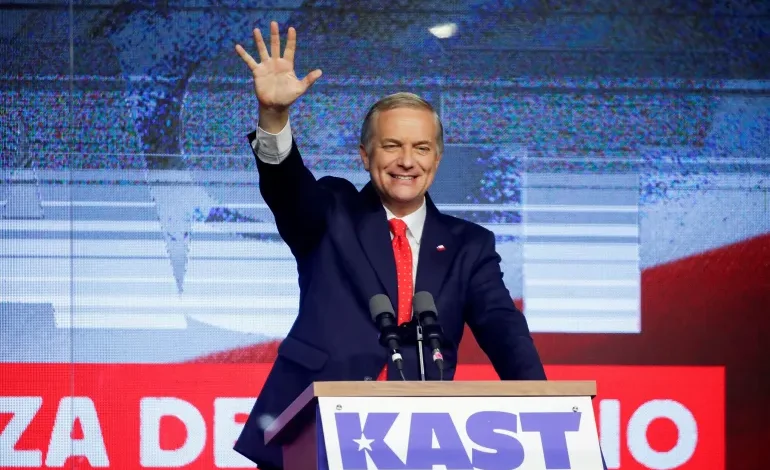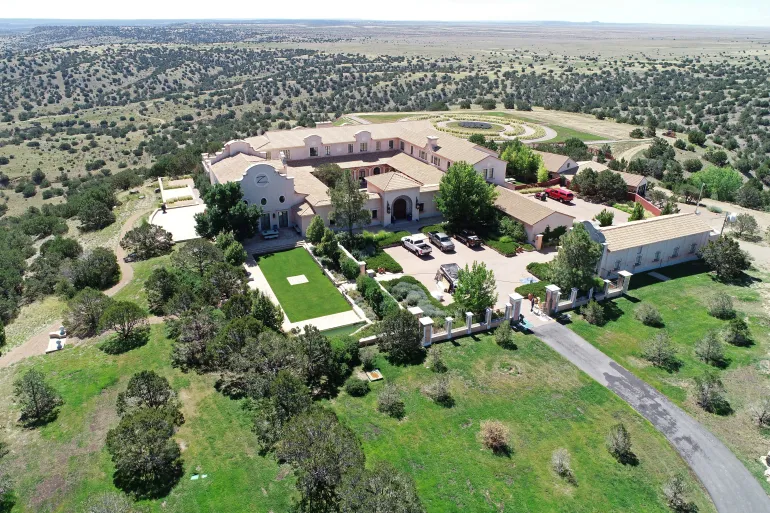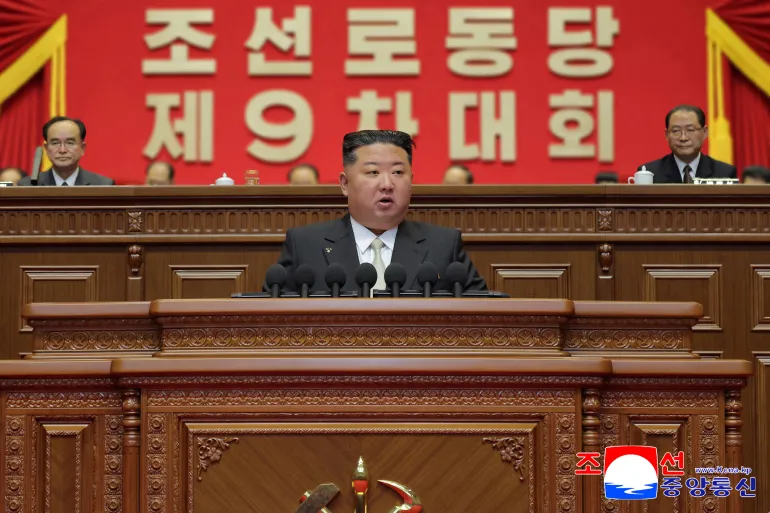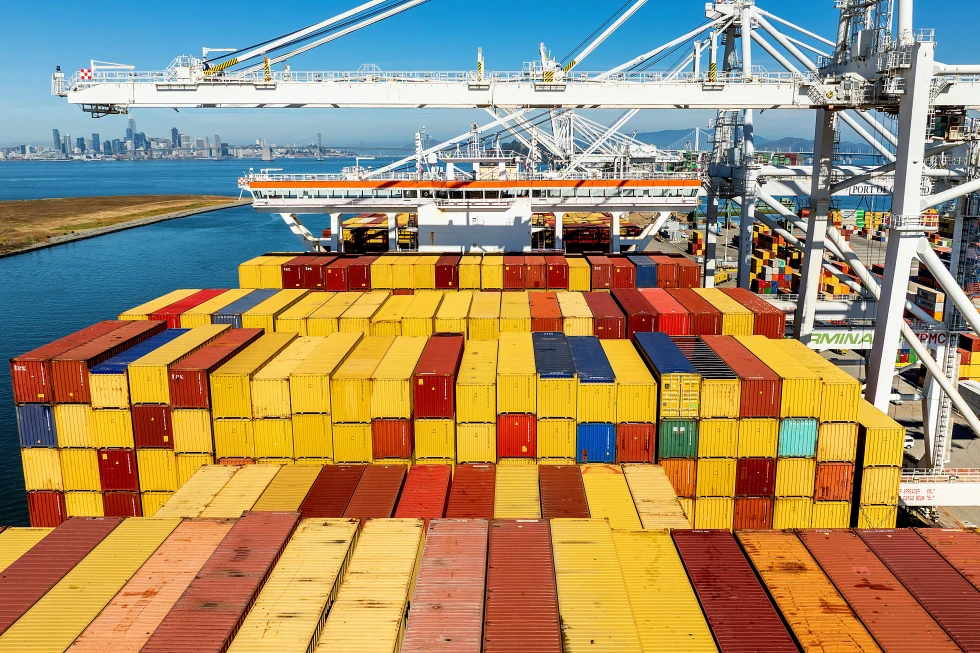Chile heads for high-stakes runoff as crime fears reshape politics

Chile’s presidential race is now a two-person duel, and it’s one that crystallises the country’s political anxiety. With 83 percent of ballots counted, leftist former Labour Minister Jeannette Jara is ahead with 26.71 percent. Far-right Republican Party founder Jose Antonio Kast follows closely at 24.12 percent. Neither came close to the 50 percent threshold needed to win outright, sending Chile into a December 14 runoff that could overhaul the political map.
President Gabriel Boric called it a “spectacular day of democracy” as he acknowledged the runoff, a polite way of saying Chile is bracing for a fight over crime, migration, and the direction of the state.
The first round was dominated by public fear over surging murders, kidnappings, and extortion, an almost unthinkable shift for a country long considered one of Latin America’s safest. Kast has capitalised on that fear with his promise of walls, fences, and trenches along the northern border to keep out migrants “from poorer countries to the north,” particularly Venezuela. Jara, more measured, has promised to hire more police, lift banking secrecy to fight organised crime, and reduce the cost-of-living burden.
“Don’t let fear harden your hearts,” she told supporters, warning Chileans not to dive into far-right solutions out of panic. Her jab at Kast’s bulletproof-glass campaign events landed cleanly.
Kast’s message, meanwhile, is simple and aggressive: “rebuild” Chile after what he called “maybe the worst government in Chile’s democratic history.” His camp already smells victory. As Al Jazeera’s Lucia Newman reported from Santiago, supporters at Kast’s HQ believe he will “be the first to cross the finish line.”
And mathematically, they may have a point.
Economist Franco Parisi surprised with 19.42 percent and promptly refused to endorse anyone, but the rest of the right coalesced instantly. Ultra-right lawmaker Johannes Kaiser, who earned 13.93 percent, threw his support behind Kast. Former conservative mayor Evelyn Matthei, with nearly 13 percent, followed, citing the “absolutely uncontrolled arrival” of migrants and calling for a “sharp change of direction.” If their voters follow suit, Jara enters the runoff with her back against the wall.
Analyst Rodrigo Arellano put it bluntly: the result is “very bad news” for Jara. Not only is her initial tally low, but “the combined total of the opposition candidates is almost more than double hers.” For Chile’s left, the deeper squeeze comes from an electorate tired of incumbency, distrustful of Boric’s coalition, and hyper-focused on security at the expense of everything else.
Yet Jara’s candidacy carries its own historic weight. A working-class figure rooted in the Communist Party, a party that hasn’t seen this level of support since the return to democracy, she’s been running on affordability, wage increases, and accessible housing. She also hasn’t hesitated to signal distance from Boric’s administration.
Kast, often compared to Donald Trump and the architect of Chile’s modern far right, has long pushed the political centre of gravity rightward. His father’s alleged ties to the Nazi party, which Kast denies, saying he was a forced conscript, remain a footnote in a campaign defined more by promises of crackdowns than ideological purity.
Turnout was significantly higher than in 2021, helped by mandatory voting. Voters also elected new members of Congress. If Chile’s right wins both houses, the presidency and legislature could be controlled by conservatives for the first time since the end of the Pinochet dictatorship.
The stakes extend beyond Chile. Across the region, left-leaning governments are losing ground. Argentina has moved right. Bolivia shifted centre-right after 20 years of socialist rule. Colombia and Peru could follow next year. Even Brazil’s Lula faces a close battle.









The latest news in your social feeds
Subscribe to our social media platforms to stay tuned